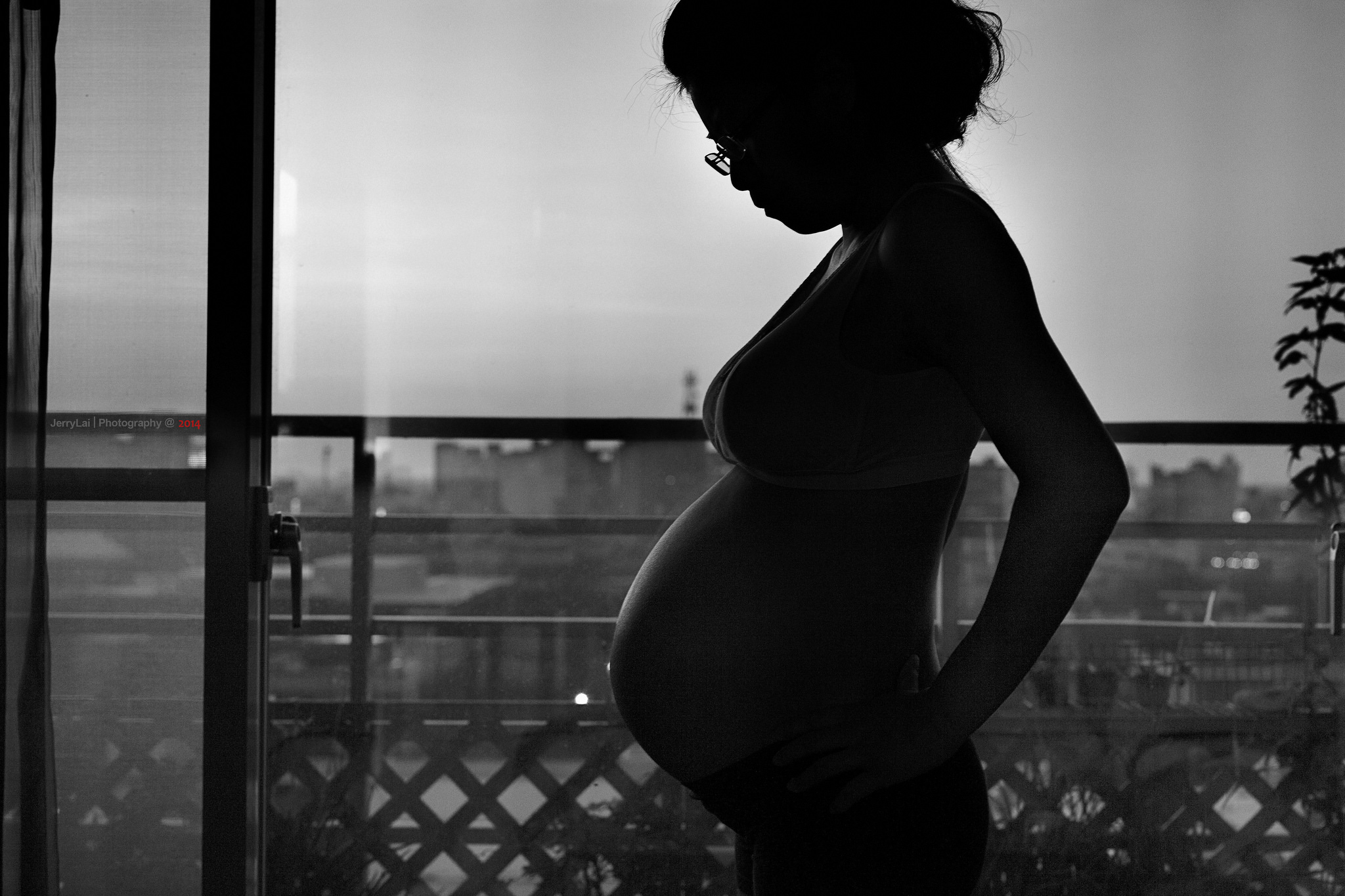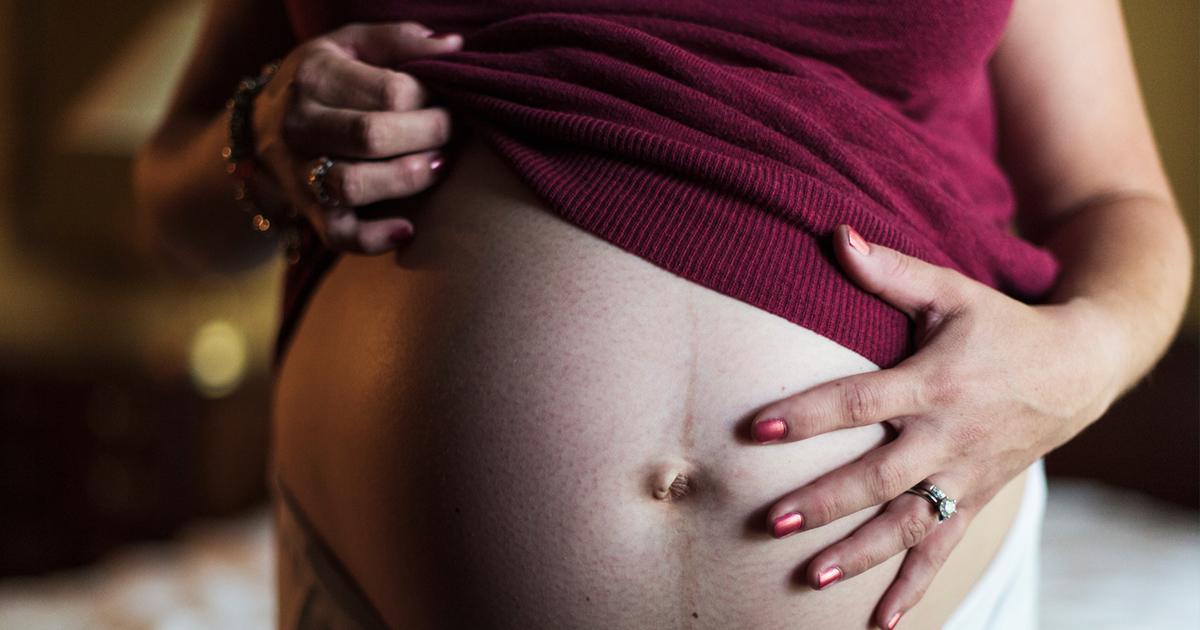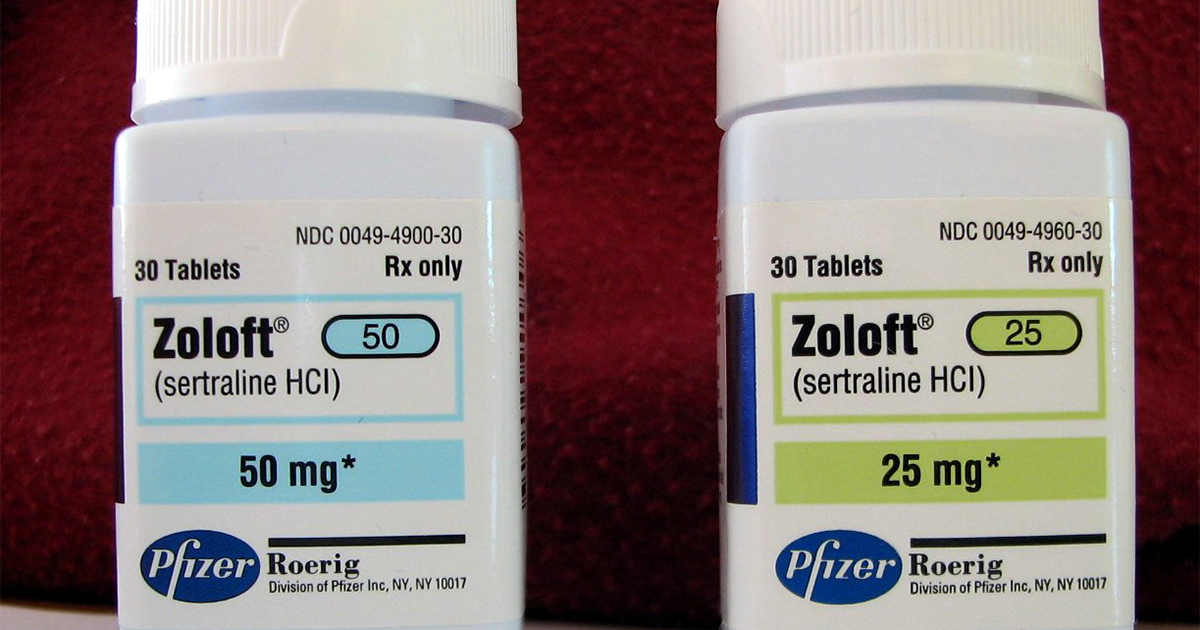Amanda Seyfried Opened Up About a Difficult Choice Facing Pregnant Women

By:
Anyone who has ever been pregnant will likely tell you they were told countless times each day what they should and shouldn't do, especially when it came to what they put in their bodies, from food to medicine.
 Jerry Lai/Flickr - flic.kr
Jerry Lai/Flickr - flic.kr
Actress Amanda Seyfried just opened up about an issue that a lot of pregnant women face, but often don't talk about: taking antidepressants while pregnant.
The "Mean Girls" and "Twin Peaks" star spoke on Dr. Berlin's Informed Pregnancy Podcast about her life and her pregnancy.
In addition to sharing her obsessesive-compulsive disorder diagnosis, Seyfried revealed she is on antidepressants, and has been taking them for 11 years.
Seyfried continued to take her medication while pregnant. "I didn’t get off my antidepressant," she said.
"It’s really for anti-anxiety for me," she added. "I’ve been taking Lexapro for years and years and years, and I didn’t get off of it. I was on an extremely low dose [all throughout the pregnancy]."
Seyfried explained that looking after her own health would also be in the best interest of her child. "A healthy parent is a healthy kid," she said.
Research is still emerging about the side effects of taking antidepressants while pregnant.
A joint report from the American Psychiatric Association and the American College of Obstetricians and Gynecologists in 2009 noted the double-edged sword posed by antidepressants: not taking them could pose an even greater risk than taking them. "Both depression symptoms and the use of antidepressant medications during pregnancy have been associated with negative consequences for the newborn," the report stated.
 Stocksy/Holly Clark - stocksy.com
Stocksy/Holly Clark - stocksy.com
And while the report advised that for women on medication who experienced "mild or no symptoms for six months or longer, it may be appropriate to taper and discontinue medication before becoming pregnant," it made it clear that such a solution may not work for every woman: "Medication discontinuation may not be appropriate in women with a history of severe, recurrent depression (or who have psychosis, bipolar disorder, other psychiatric illness requiring medication, or a history of suicide attempts)."
A more recent study from April 2017, posted by JAMA, concluded there was a "small increased risk of preterm birth" among women who took antidepressants in their first trimester.
On their website, the Mayo Clinic notes the difficulty at the crux of the issue: "Taking antidepressants during pregnancy might pose health risks for your baby — but stopping might pose risks for you." And while they advise that "depression treatment during pregnancy is essential," they make an important distinction: treatment does not always mean antidepressants and can include various forms of therapy.
Still, they note that "overall, the risk of birth defects and other problems for babies of mothers who take antidepressants during pregnancy is very low," and also recommend a few medications that are "generally" an option.
 Wikimedia - wikimedia.org
Wikimedia - wikimedia.org
The antidepressants they list include a few selective serotonin reuptake inhibitors (SSRIs), which include Prozac and Zoloft and serotonin and norepinephrine reuptake inhibitors (SNRIs), such as Cymbalta and Effexor XR. Bupropions (like Wellbutrin) are also listed as an option.
But you should talk to your doctor.
Because no one person—and no one pregnancy—is alike, it's important to speak with your doctor when deciding which antidepressants to take, and if you should continue to take them during your pregnancy. If you should decide to stop (whether pregnant or not), ask a doctor for help with that as well. It's not advisable to suddenly stop taking antidepressants and a professional can help you safely taper off.
For those who took or are taking antidepressants during pregnancy, Seyfried's comments assure you you're not alone.
"A mental illness is a thing that people cast in a different category [from other illnesses], but I don't think it is. It should be taken as seriously as anything else," Seyfried said. "You don't see the mental illness. It's not a mass, it's not a cyst. But it's there. [...] If you can treat it, you treat it."
[H/T Elle UK]
